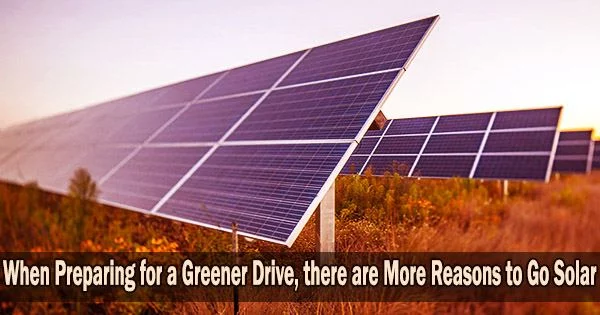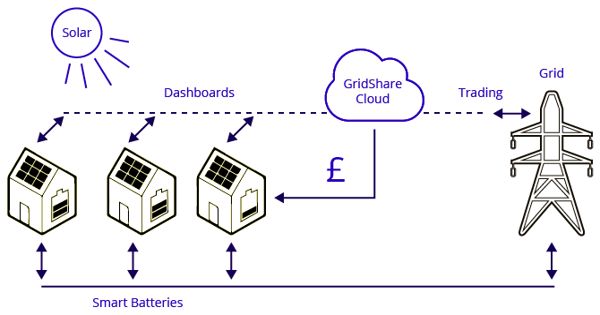According to a recent study by experts at the University of South Australia (UniSA), homes with solar panels and batteries have a significant financial advantage when it comes to saving money on electric vehicles (EV).
With EV sales growing globally, prospective purchasers are considering not only the sticker price but also the logistics and cost of charging the environmentally friendly vehicles.
If families are not entirely dependent on the grid and EV owners charge at home during off-peak hours, UniSA experts estimate that annual power expenses for EV owners can be reduced by roughly 40%.
In a new paper published in Renewable Energy, Professor Mahfuz Aziz and colleagues address EV owners’ concerns about charging costs, one of the main obstacles in opting for an environmentally-friendly vehicle.
“Electric vehicles will become an important component of household energy consumption globally under plans to replace petrol-fuelled cars within the next decade,” Prof Aziz says.
“For motorists with private car spaces, home charging is the most convenient option, but for those still totally reliant on the electricity grid for their energy, the costs could mount significantly.”
Going solar is a great way to reduce your carbon footprint and contribute to a more sustainable future. Here are a few more reasons to consider going solar when gearing up for a greener drive:
- Solar power is a clean, renewable energy source. It doesn’t produce any greenhouse gases, which means it doesn’t contribute to climate change.
- Solar panels are low maintenance. Once they are installed, they require very little upkeep and can last for decades.
- Solar power can save you money on your energy bills. Depending on where you live, you may be able to sell excess solar energy back to the grid, which can offset the cost of your energy consumption.
- Solar power can increase the value of your home. Many people are willing to pay more for a home that has solar panels, since it can save them money on energy costs in the long run.
- Solar power can reduce your dependence on fossil fuels. By using solar energy, you can reduce your reliance on fossil fuels and contribute to a more sustainable energy future.
Households are being urged to “go green” by historically low costs for rooftop photovoltaic (PV) systems and falling battery prices, but customers must take into account a variety of factors, according to academics.
The researchers evaluated various household scenarios using data from South Australia, where more than 40% of residences have rooftop solar panels, taking into account factors like EV charging demand, PV solar panel installation cost, battery deterioration, and export power constraints.
Based on typical household energy consumption (17 kW/day in SA) and motorists’ average daily travel distance (36.7km in AU), researchers analysed annual energy costs for households with petrol-based cars and those with EVs. They also analysed energy consumption during peak periods, between 5pm-9pm.
“In a basic case, all energy is imported from the grid where there are no solar panels, batteries or electric vehicles,” Prof Aziz says.
“When solar panels are added, about 20 per cent less energy is imported and with batteries this is reduced by around 83 per cent. When electric vehicles are added, consumed energy rises significantly but imported energy can be reduced by around 89 per cent of total consumption.”
“Our results demonstrate that households with petrol-based cars can reduce their annual energy costs by 6.71 per cent using solar panels, and by 10.38 per cent with the addition of a battery system. Replacing petrol-based cars with electric vehicles can reduce annual energy costs by 24 per cent and 32 per cent respectively. The most significant reduction (39.6 per cent) can be achieved with off-peak charging.”
Ms Yan Wu, a PhD student, and Dr. Mohammed Haque, a co-supervisor, are members of the study group. In order to minimize the impact on the power grid and distribution feeders, the team is presently looking on cost-effective EV charging strategies for bigger groups, such as residential communities and university campuses.
According to drive.com, the number of electric vehicles is fast growing around the world. It is predicted that by 2030, there will be 145 million EVs on the road, up from just 11 million at present. Despite the pandemic, global sales of electric vehicles surged by 43% in 2020, even though they accounted for just 0.7% of total vehicle sales in Australia.
But by 2030, it’s estimated that at least 50% of all new car sales in NSW will be electric, and that other states will follow this trend.
















